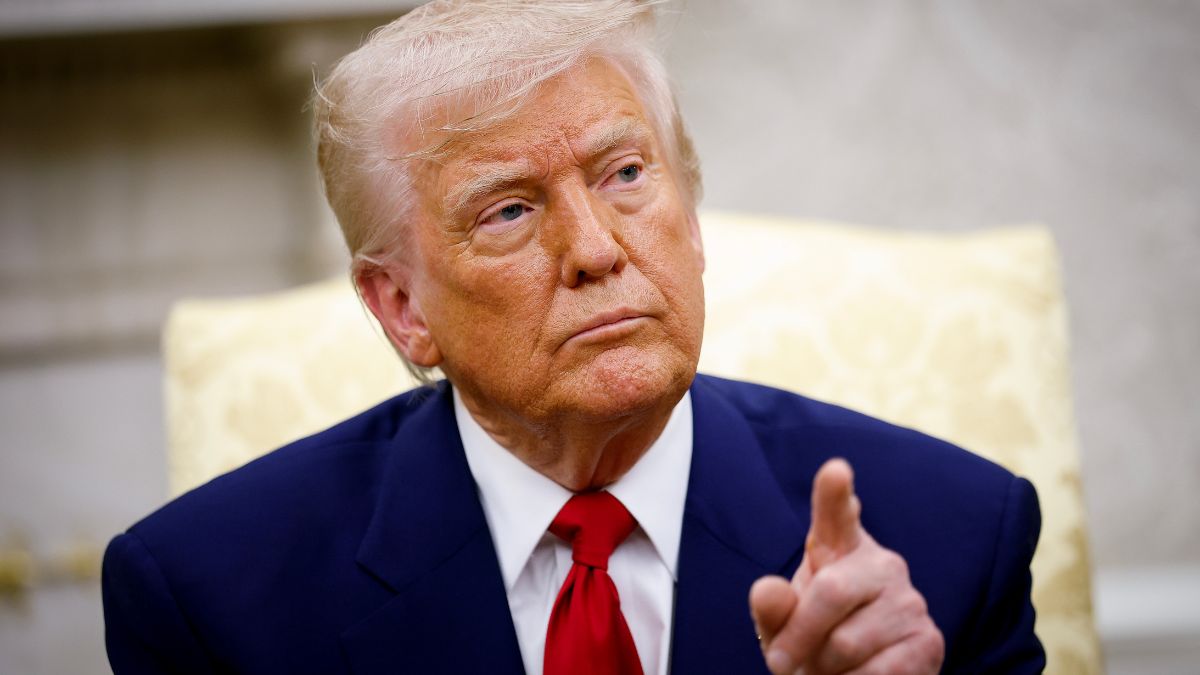
The Trump administration’s promise to stand against Chinese aggression in the Indo-Pacific region is now being heavily questioned after major changes at the State Department.
These changes included shutting down the Office of Multilateral Affairs within the Bureau of East Asian and Pacific Affairs and firing its top experts on the South China Sea. Security and diplomacy professionals are deeply worried about how this could hurt U.S. interests and influence in the region.
The cuts, announced earlier this month, have removed key experts with critical knowledge about a region the administration claims is a top priority. The layoffs happened just as Secretary of State Marco Rubio was returning from a trip to Malaysia for meetings with the Association of Southeast Asian Nations (ASEAN), a trip that the now-closed office helped prepare him for. One dismissed foreign affairs officer, who specialized in the South China Sea, expressed shock, saying, “After he used us, he fired us… It’s mind-boggling.”
According to NPR, the Office of Multilateral Affairs played a central role in managing U.S. relations with ASEAN for years, coordinating diplomatic responses to China’s aggressive moves in the South China Sea, and overseeing issues in the Mekong River region. Its elimination goes directly against the administration’s stated goal of prioritizing security and free navigation in the South China Sea, a crucial route for global trade.
China will get the upper hand as experts get fired
Top administration officials, including the Pentagon’s top policy official Elbridge Colby, have repeatedly said countering China is their biggest concern. Colby, who has pushed for shifting U.S. military focus to the Western Pacific, said in June, “China’s actions undermine peace and stability in the region. The evidence for this is their growing willingness to use force to achieve their objectives–as seen in the South China Sea and around Taiwan while also undertaking a massive and unprecedented military buildup.”
Even as its economy continues to grow, China will remain a largely self-centered and a reluctant superpower. Unlike the US, its domestic political economy calls for a more restrained foreign policy, notes @ChathamHouse's @Yu_JieC. https://t.co/f12v54l3Bs pic.twitter.com/XV6bDjF7oK
— Project Syndicate (@ProSyn) July 21, 2025
Despite this strong talk, the State Department’s recent cuts seem to weaken the very expertise needed to handle these challenges. The dismissed employees from the Office of Multilateral Affairs were civil service workers, known for their long experience and deep knowledge of the region across multiple administrations.
Unlike foreign service officers, who change jobs every few years, civil servants provide stability. As one fired officer put it, “We are the consistency. We keep the train running while everyone rotates.” Losing these experts raises serious concerns about how well the U.S. will now understand such a complex and unstable region.
Meanwhile, China continues to act more aggressively in the region, with recent reports of Chinese aircraft carriers moving further into waters long controlled by the U.S. military. China also keeps making illegal claims over large ocean areas, claims the U.S. strongly rejected during Trump’s first term. Given this, the timing of the State Department cuts seems especially poor for the ongoing geopolitical competition.
This move, made without clear plans to preserve vital knowledge, could seriously hurt the U.S. ability to make smart decisions, keep strong alliances, and effectively counter China’s growing territorial ambitions and military expansion in the Indo-Pacific. Experts fear these changes not only work against the goal of containing China but may accidentally strengthen Beijing and weaken U.S. leadership in a region of global importance.







